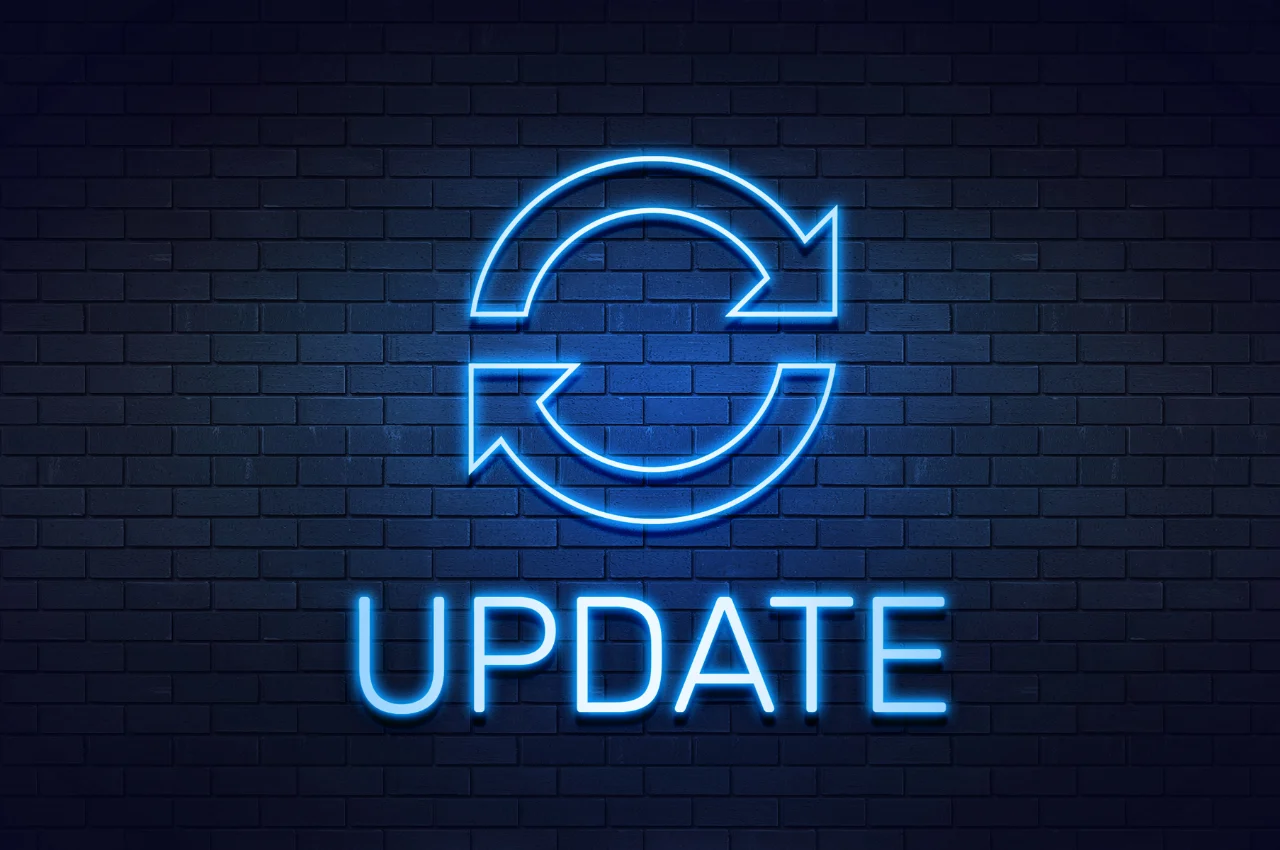To start a WordPress blog, purchase a domain, select hosting, install WordPress, choose a theme, and start creating content. Blogging has become a popular way to share ideas, experiences, and knowledge with a global audience.
Starting a WordPress blog allows you to customize your site, create engaging content, and reach a wide audience. Whether you are a hobbyist looking to share your passion or a business wanting to expand your online presence, starting a WordPress blog can be a rewarding and fulfilling experience. In this guide, we will walk you through the steps to set up your own WordPress blog and provide tips on creating compelling content that resonates with your readers. Let’s dive in and get your WordPress blog up and running!
Table of Contents
Why Start a Blog
When starting a WordPress blog, one of the first decisions you’ll need to make is choosing the right platform. This choice will determine the level of control you have over your blog’s design, functionality, and overall success. Let’s explore the key factors to consider when making this important decision.

Introduction to WordPress
WordPress is a popular content management system (CMS) that powers millions of websites and blogs worldwide. It offers a user-friendly interface, customizable themes, and a wide range of plugins for added functionality.
Self-hosted vs. Hosted
When it comes to starting a WordPress blog, you have the option to choose between a self-hosted or hosted platform. A self-hosted WordPress blog gives you full control over your website, including the ability to customize the design, install plugins, and monetize your blog. On the other hand, a hosted WordPress blog is a convenient option for beginners, as it provides a hassle-free setup and maintenance process, with the hosting and technical aspects taken care of by the platform provider.
Pricing and Features
Consider the pricing and features offered by different WordPress hosting providers. While self-hosted WordPress requires you to pay for hosting, domain registration, and potentially premium themes and plugins, hosted platforms often offer subscription-based plans with varying features and pricing tiers. Evaluate the features such as storage, bandwidth, security, and customer support to determine which platform aligns with your blogging goals and budget.
Choosing The Right Platform
To start a WordPress blog, it’s crucial to choose the right platform. Consider the flexibility and ease of use offered by WordPress, along with its vast array of themes and plugins. This platform allows for seamless customization and offers a user-friendly interface, making it an ideal choice for beginners.
Selecting a Domain Name
Choosing the right domain name is a crucial step when starting a WordPress blog. Your domain name should be memorable, relevant to your blog’s content, and easy to spell. Aim for a name that reflects your blog’s niche or your personal brand, and keep it concise to avoid confusion. Incorporate keywords related to your blog’s focus to enhance SEO. Additionally, ensure the domain is unique and not too similar to existing sites to avoid legal issues and ensure a strong online presence.
Choosing a Web Host
When starting a WordPress blog, selecting the right web host is crucial for ensuring smooth performance and reliability. Look for hosts that offer one-click WordPress installations, robust customer support, and reliable uptime guarantees. Consider features like scalable resources, strong security measures, and fast load times to ensure your blog can handle growth and remain accessible. Additionally, evaluate the hosting provider’s reputation and reviews to choose one that aligns with your needs and budget, setting a solid foundation for your WordPress blog’s success.
Installing WordPress
Install WordPress easily through your web host’s control panel or one-click installer.
Setting up Your WordPress Blog
Customizing your WordPress blog is a crucial step in establishing your online presence. By choosing the right theme, customizing it to suit your style, and adding plugins, you can create a unique and engaging website that stands out. Let’s dive into the key aspects of customizing your blog.
Choosing a Theme
- Select a theme that reflects your brand and content.
- Consider the design, layout, and features of the theme.
- Ensure the theme is responsive and mobile-friendly.
Customizing Your Theme
- Personalize the colors, fonts, and layout of your theme.
- Add your logo and customize the header and footer sections.
- Optimize your theme for better user experience and navigation.
Adding Plugins
- Explore the wide range of plugins available in the WordPress repository.
- Install essential plugins for SEO, security, performance, and functionality.
- Customize the settings of each plugin to meet your specific needs.
Remember, the key to a successful WordPress blog is to customize it to reflect your brand and engage your audience effectively. By carefully selecting a theme, customizing it to your liking, and adding essential plugins, you can create a professional and visually appealing blog that attracts and retains visitors.
Customizing Your Blog
To create a successful WordPress blog, creating engaging and valuable content is essential. Developing a content strategy, writing engaging blog posts, and using multimedia are key components of creating compelling content.

Developing a Content Strategy
A content strategy is vital for organizing and planning your blog’s content. Start by defining your target audience and identifying their interests. Then, conduct keyword research to understand what topics are popular in your niche. Finally, create an editorial calendar to schedule your content and maintain consistency.
Writing Engaging Blog Posts
When writing blog posts, focus on providing value to your readers. Begin by crafting attention-grabbing headlines that entice readers to click. Next, structure your content with clear headings, subheadings, and bullet points to improve readability. Remember to incorporate relevant keywords naturally throughout your posts for better SEO.
Using Multimedia
Incorporating multimedia elements such as images, videos, and infographics can enhance the visual appeal of your blog. Consider using high-quality images that complement your written content. Additionally, create engaging videos or slideshows to diversify your content and keep your audience engaged.
Creating Content
To launch a WordPress blog, begin by selecting a niche, choosing a domain name, and hosting provider. Install WordPress, customize your blog’s design, and start creating engaging content to attract readers. Promote your blog on social media and optimize for SEO to increase visibility and traffic.
Different Ways to Monetize Your Blog
Once you have started your WordPress blog and have created some great content, it’s time to monetize your blog. Monetizing a blog involves finding ways to earn money from the content you produce. In this section, we will discuss the different ways to monetize your blog.
Affiliate Marketing
Affiliate marketing is a popular way to earn money from your blog. In affiliate marketing, you promote a product or service on your blog, and if someone clicks on your affiliate link and makes a purchase, you earn a commission. To get started with affiliate marketing, you need to join an affiliate program relevant to your niche. Some popular affiliate programs include Amazon Associates, ShareASale, and Commission Junction.
Advertising
Advertising is another way to monetize your blog. You can sell ad space on your blog to businesses or display ads from ad networks such as Google AdSense. To sell ad space, you need to have a significant amount of traffic coming to your blog. Ad networks like AdSense will display ads relevant to your content, and you earn money when a visitor clicks on the ad. If you choose to display ads on your blog, be careful not to overload your blog with too many ads. Too many ads can make your blog look spammy and drive visitors away.
Monetizing your blog can take time and effort, but it’s a great way to earn money from the content you produce. Whether you choose affiliate marketing or advertising, the key is to produce quality content that your readers will enjoy and find useful. By doing so, you will build a loyal following, and the money will follow.
Growing Your Audience
Grow your audience with a WordPress blog by creating engaging content, optimizing for SEO, and promoting on social media. Interact with your readers, collaborate with other bloggers, and utilize email marketing to expand your reach. Consistent posting and quality content will help attract and retain followers.
Maintaining Your Blog Starting a WordPress blog is just the beginning. Once you’ve launched your blog, it’s crucial to maintain it to ensure its success. Maintaining Your Blog involves tasks like backing up your site, updating WordPress and plugins, and staying motivated to consistently produce high-quality content.
Backing up Your Site
Regularly backing up your WordPress site is essential to safeguard your content in case of technical issues or cyber-attacks. You can use plugins like UpdraftPlus or BackupBuddy to schedule automatic backups. Alternatively, you can manually backup your site by exporting your content and database through the WordPress dashboard.
Updating WordPress and Plugins
Updating WordPress and plugins is crucial for the security and functionality of your blog. Ensure that you regularly check for and install updates for WordPress core, themes, and plugins. Outdated software can make your site vulnerable to security threats and may lead to compatibility issues.

Staying Motivated
Staying motivated is essential for the long-term success of your blog. Set achievable goals, engage with your audience, and seek inspiration from other successful bloggers. Consistency is key, so establish a content schedule and find ways to keep your passion for blogging alive. By prioritizing tasks such as backing up your site, updating WordPress and plugins, and staying motivated, you can effectively maintain your WordPress blog and set it up for long-term success.
Conclusion
Starting a WordPress blog can be a rewarding journey. Remember to choose a niche you are passionate about. Focus on creating quality content and engaging with your audience. Utilize SEO strategies to boost your blog’s visibility. Stay consistent and patient as you grow your blog and reach your goals.


